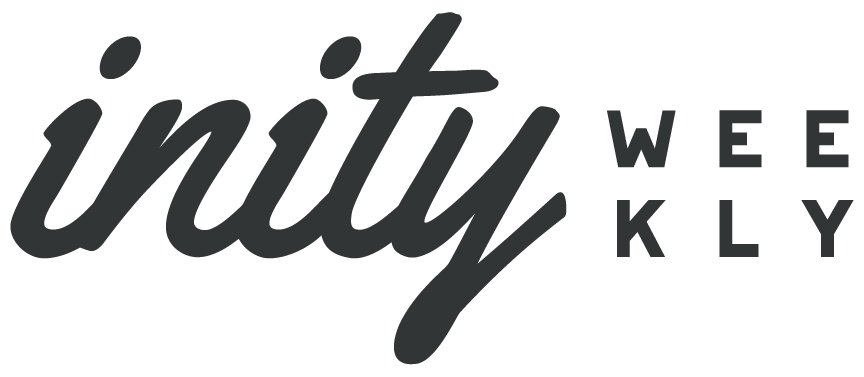REGGAE 101: First Name, Augustus... Last Name, Pablo
Augustus who? That is probably what most people ask themselves when they hear the name, “Augustus Pablo.” Truth is, Augustus Pablo is a proven reggae innovator and is likely your favorite reggae nerd’s most admired musician. Aside from being a harmonic genius, Augustus Pablo was a very obscure character with an even more obscure approach to reggae music. Little is formally known of Augustus Pablo’s childhood. However, the little that is known suggests that Augustus Pablo, born Horace Swaby, had a relatively normal childhood growing up in the St. Andrews parish of Jamaica. One of his only distinguishing features as a child was his keen ear for music. While studying at Kingston College School, Pablo learned how to play the organ. Reportedly, Pablo appreciated playing the organ but gained a much greater affinity for musical composition after a young, unnamed girl introduced him to the melodica. It was this point that Pablo became enthralled in becoming a lifelong musician.
In parts of Asia, Europe, and in the West Indies, the melodica was used mainly for teaching children music. The melodica is an effective pedagogical tool, because its notes are simple and easily identifiable; it is a light and portable instrument; and requires almost no maintenance. In fact, musicians did not use the melodica as a serious musical instrument until the late-1960’s when composers, such as Steve Reich, made it a focal instrument in musical pieces like “Melodica” (1966). Still awake? Great! Now the question is: “How did the melodica fit into the mid-1970’s roots reggae sound?” The answer is simple, “IT DIDN’T,” but Augustus Pablo made it his duty to wed the instrument he loved with the musical genre he loved.
Although roots reggae is notorious for bass-heavy instrumentals, Pablo connected with producer Herman Chin Loy, who trusted Pablo’s melodica visions. Pablo recorded several tracks that used the melodica as the focal instrument, including “Higgi Higgi” and “East of the River Nile.” Initially, these songs were a hard sell and Loy parted ways with Pablo. Reggae fans at the time were hesitant to embrace this new intricately blended East Asian, roots reggae sound. Pablo, however, showed no signs of discouragement. Instead, he continued to record roots reggae pieces that revolved around the melodica, adding more recognizable reggae instruments and, at times, covering well-known reggae tracks. For instance, Pablo’s most famous single to date is “Java,” his melodica rendition of Cedric Brooks’ hit, “Ethiopia.”
As other notable artists at the time, such as Jacob Miller, began validating Augustus Pablo’s genius, more and more fans gravitated towards Pablo’s sound in droves. However, Pablo remained an extremely humble individual. His small frame, awkward gait, and bashful demeanor made him virtually unnoticed when out in the public. One likely would not know that the fair-skinned, smiling Rastafarian man named Augustus Pablo hobbling past them contributed one of the most eccentric sounds into roots reggae music.
Pablo and his melodica provided the world with subtly stunning performances for decades leading up to his death on May 18, 1999. Pablo found a unique way to incorporate one of the world’s most overlooked musical instruments into one of the world’s most listened to genres. Because he had an astounding grasp of musical composition, Pablo was able to weave his melodica sound into a contrasting style of music. With years of trying, Augustus Pablo single-handedly evolved roots reggae music while opening up the genre to an unsuspecting class of musicians worldwide—musicians who did not play instruments traditionally heard in most popular forms of music. In short, nearly all Augustus Pablo fans fall in love with Pablo’s music because it exhibits a sort of musical brilliance that makes music timeless.


